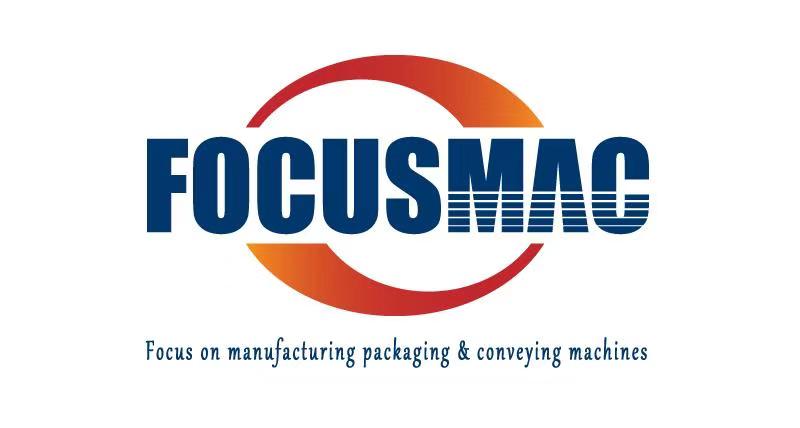Revolutionizing Efficiency: The Automatic Carton Packing Line
Introduction
In today's fast-paced manufacturing and distribution industry, optimizing efficiency is the key to success. One area where this is particularly crucial is in the packaging and shipping process. The automatic carton packing line has emerged as a game-changer, streamlining operations and reducing labor costs for companies worldwide. In this article, we will explore the components and benefits of an automatic carton packing line, including the carton erector, small box filling system, tape sealing machine, strapping machine, labelling machine, and palletizer.
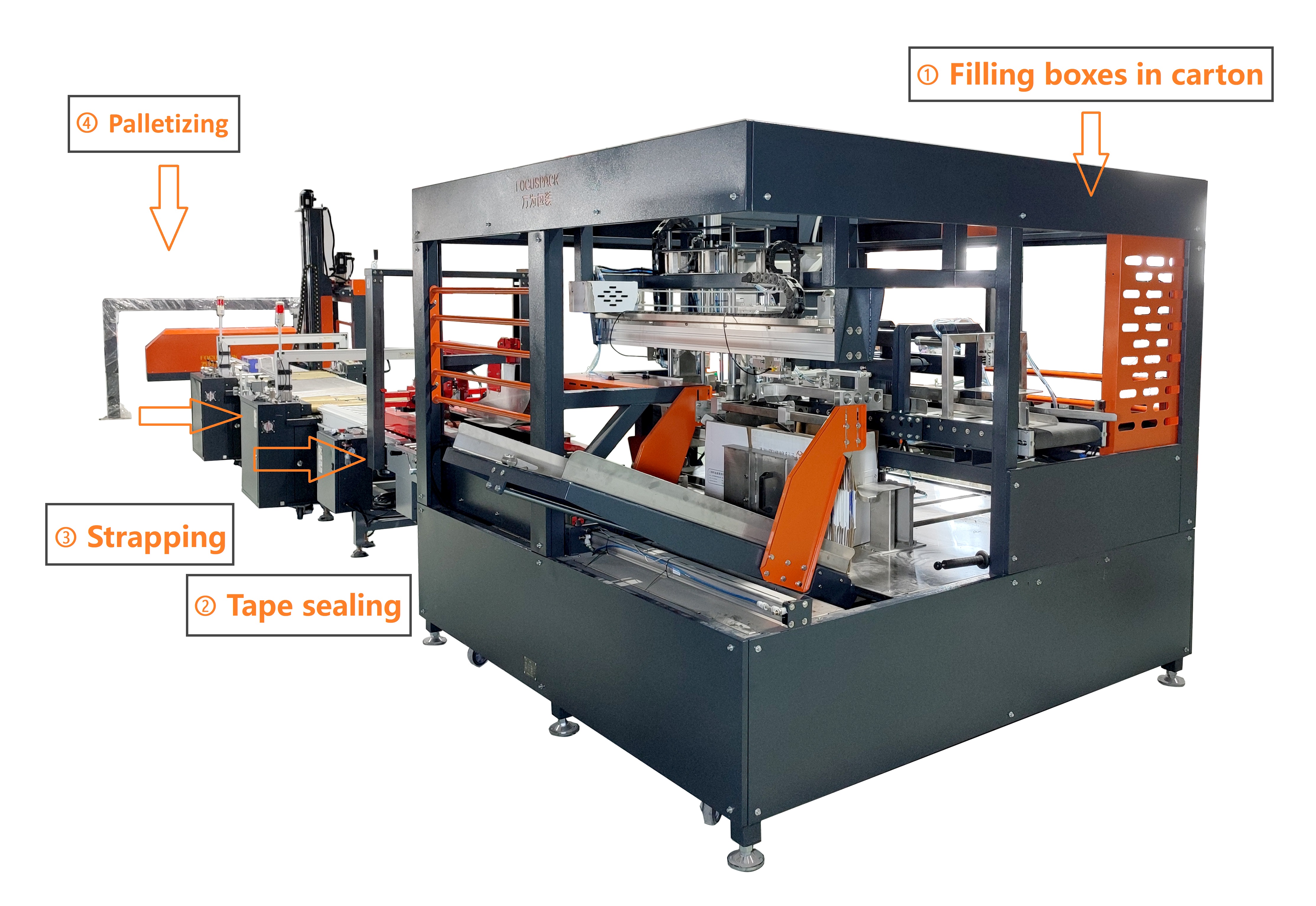
The Need for Automation
In an era where e-commerce and global trade dominate the market, companies are under constant pressure to expedite the packaging process. Manual packaging is not only time-consuming but also prone to human errors, leading to inefficiencies and increased costs. This is where automatic carton packing lines come into play.
According to a report by the Allied Market Research, the global packaging machinery market is expected to reach $50.34 billion by 2026, growing at a CAGR of 3.8% from 2019 to 2026. This significant growth underscores the increasing adoption of automated packaging solutions. Let's take a closer look at the components of an automatic carton packing line and how they contribute to this transformation.
- Carton Erector
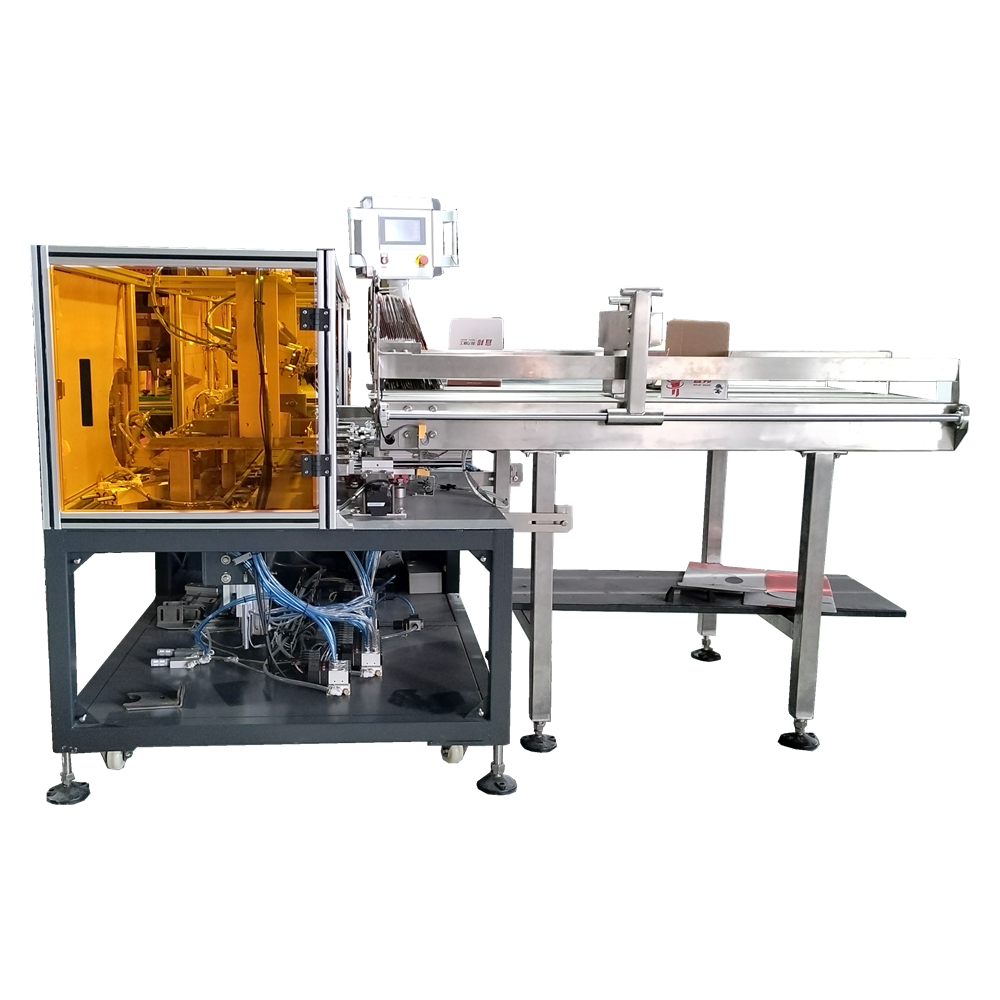
The carton erector is the first essential component of the automatic carton packing line. Its primary function is to form and fold cardboard boxes quickly and consistently. These machines are designed to handle various box sizes, reducing downtime during the changeover process.
For example, a carton erector can produce up to 20 cartons per minute, compared to the significantly slower pace of manual assembly. This efficiency significantly reduces labor costs and improves productivity. The carton erector is not only fast but also precise, ensuring that each box is assembled accurately.
- Small Box Fill into Big Carton
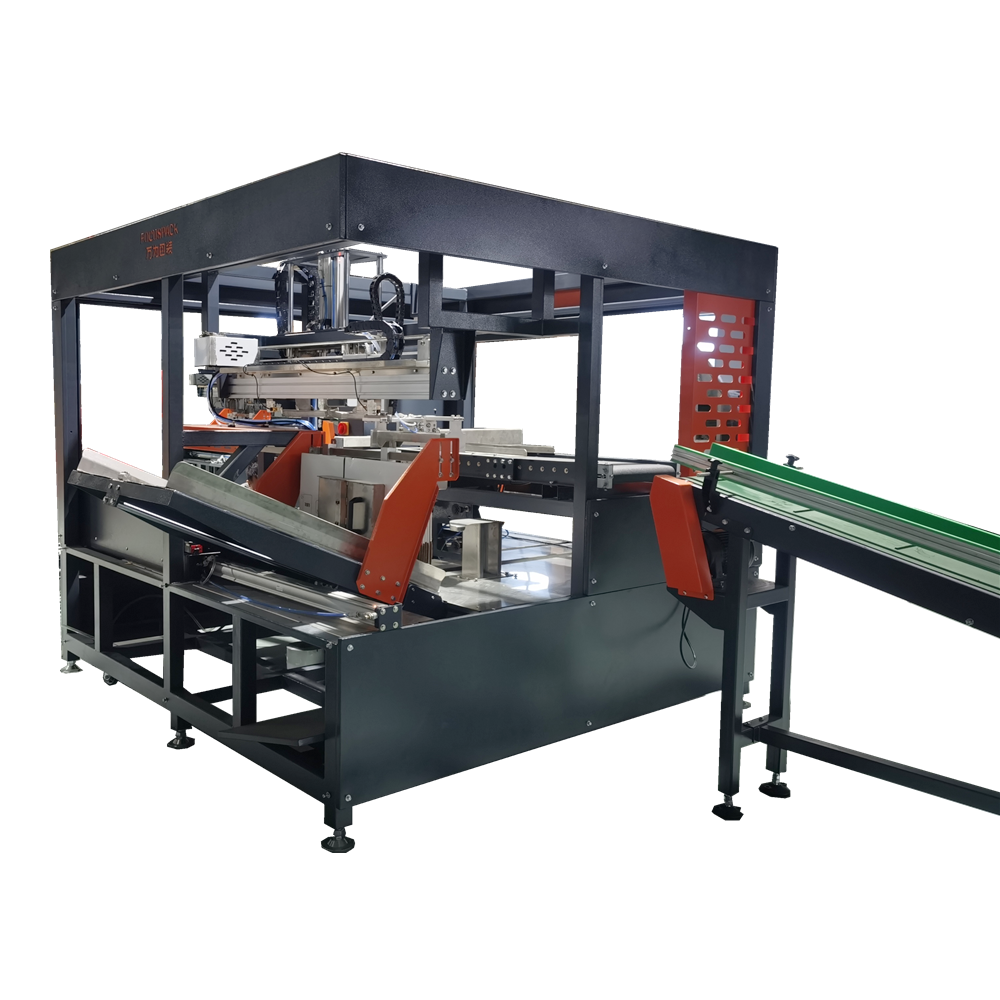
Once the cartons are erected, the small box filling system comes into play. This system is responsible for filling smaller product containers, such as bottles, bags, or smaller boxes, into larger shipping cartons. This process is crucial for maximizing space utilization during transportation, ultimately reducing shipping costs.
The small box filling system utilizes advanced technology to optimize the arrangement of products within the larger carton. It calculates the most efficient way to pack products, minimizing waste and ensuring product safety during transit. This method of automation not only saves time but also minimizes the risk of product damage during the packaging process.
- Tape Sealing Machine
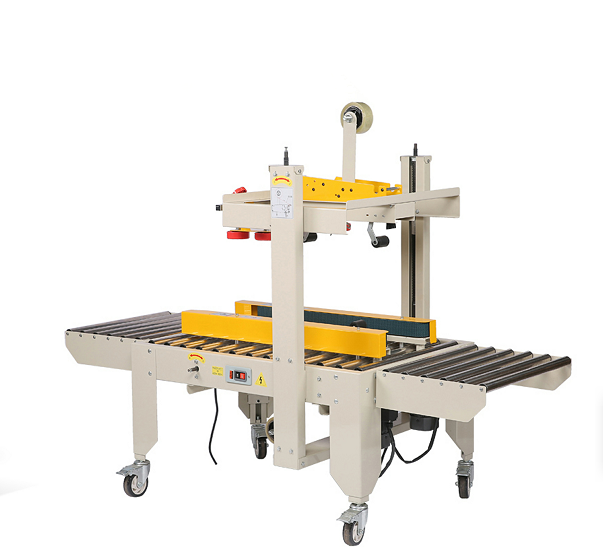
To ensure that cartons are securely closed, tape sealing machines are integrated into the automatic carton packing line. These machines efficiently apply adhesive tape to seal the tops and bottoms of cartons. This process is not only quick but also consistent, eliminating the need for manual taping, which can be labor-intensive and prone to errors.
Studies show that automated tape sealing machines can be up to 30% faster than manual methods. The speed and precision of these machines significantly contribute to increased overall throughput and reduced labor costs.
- Strapping Machine
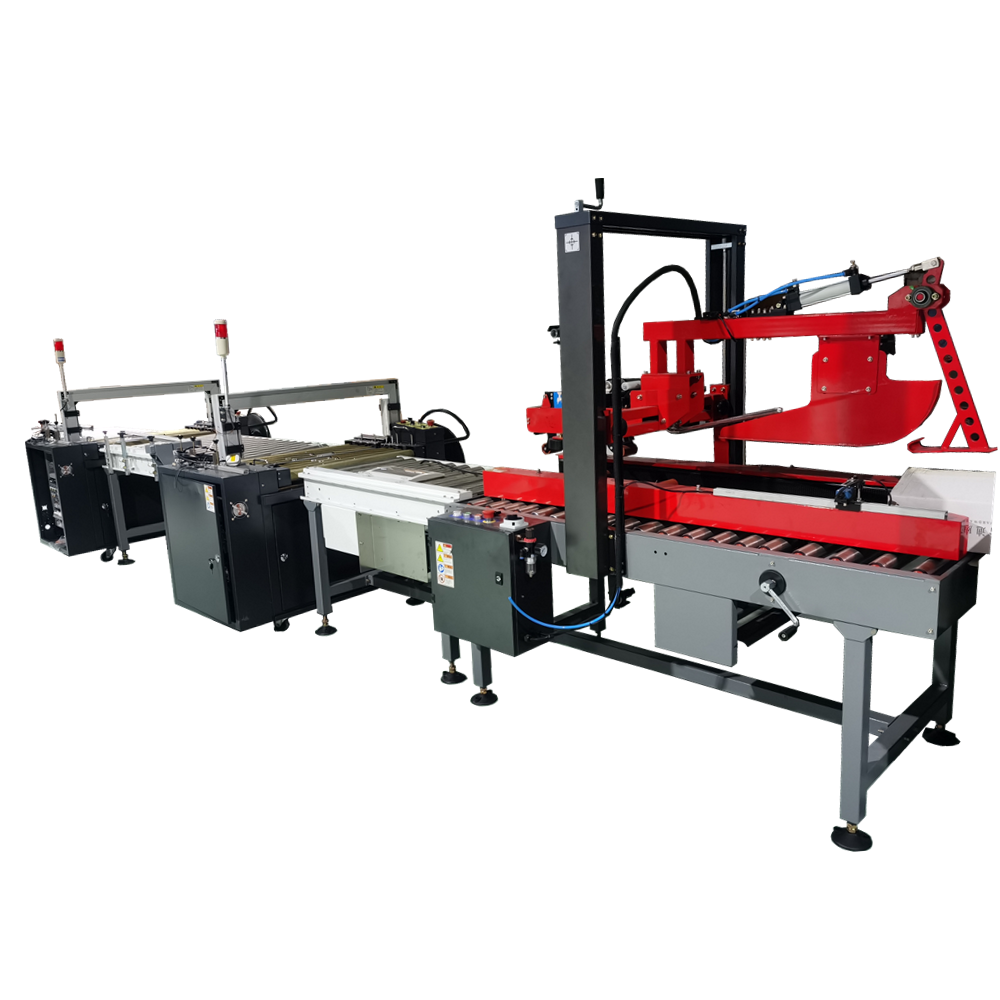
For industries dealing with heavier loads or products, a strapping machine is an essential component of the carton packing line. Strapping machines are used to secure cartons or pallets of products with plastic or steel straps. This is particularly important for ensuring the stability and safety of the cargo during transit.
These machines are highly efficient and can apply strapping material within seconds, a task that would be time-consuming and physically demanding for manual labor. The strapping machine's ability to maintain consistent tension and tightness ensures the safety and security of products during shipping.
- Labelling Machine
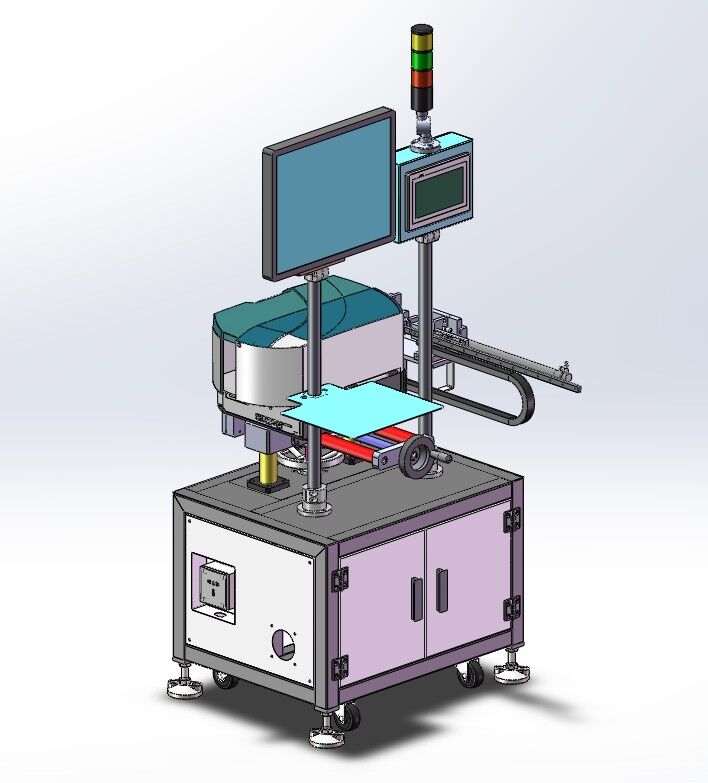
Labelling plays a significant role in tracking and identifying products in the supply chain. In an automatic carton packing line, a labelling machine applies barcodes, product information, and shipping labels with remarkable speed and precision.
The impact of labelling automation cannot be understated. It reduces the risk of mislabeling, which can lead to costly errors and delays. Additionally, automated labelling enables real-time tracking and inventory management, improving accuracy and transparency in the supply chain.
- Palletizer
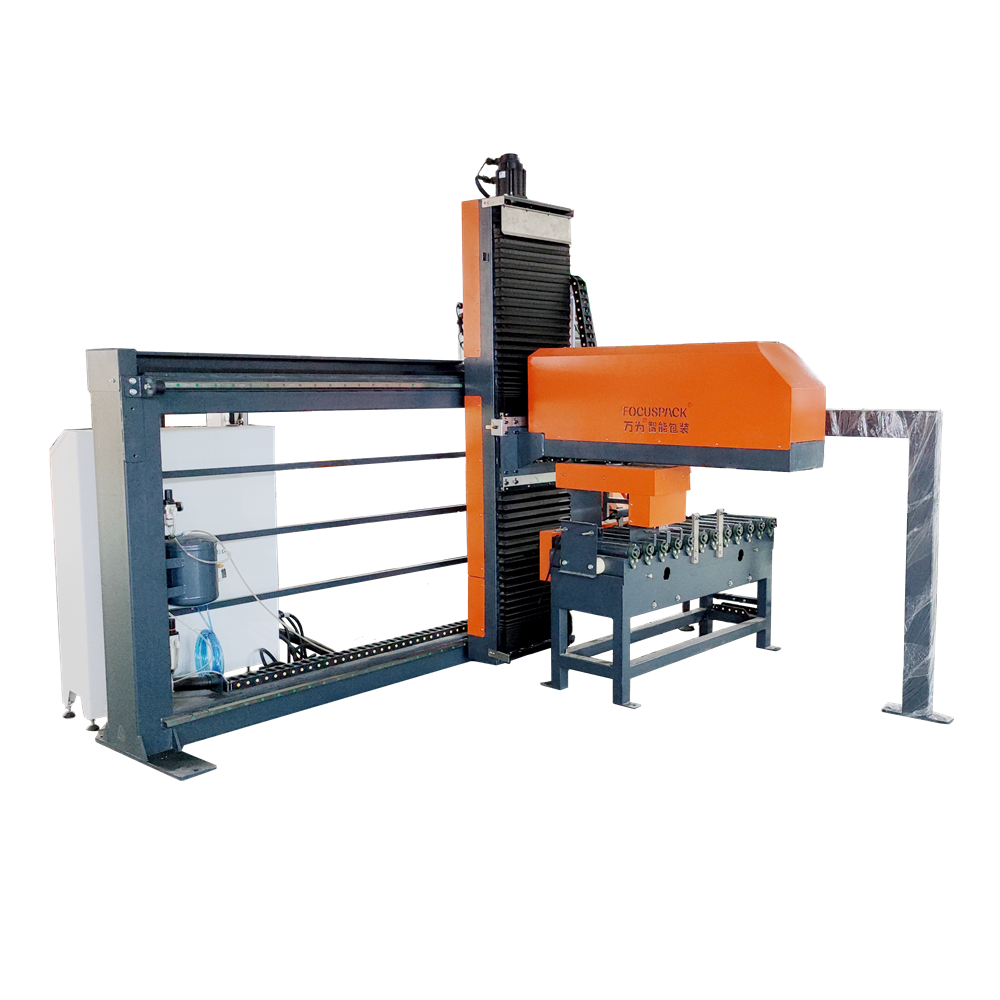
The last stop on the automatic carton packing line is the palletizer. This machine is responsible for stacking and organizing finished cartons onto pallets. Palletizing is a crucial step in warehouse and distribution logistics, as it directly impacts storage capacity and the ease of loading and unloading.
An automatic palletizer can stack cartons on pallets faster and more precisely than manual labor, reducing the risk of product damage. These machines are versatile and can be programmed to accommodate different palletizing patterns, adapting to the specific needs of the products being packaged.
Benefits of an Automatic Carton Packing Line
The adoption of an automatic carton packing line brings numerous benefits to businesses across various industries. Here are some of the key advantages:
-
Increased Efficiency: Automation significantly accelerates the packaging process, reducing cycle times and increasing output. This translates into higher productivity and throughput.
-
Labor Cost Reduction: With machines performing tasks that were previously manual, companies can allocate their labor force to more strategic and value-added activities.
-
Improved Accuracy: Automated systems are less prone to errors, resulting in better product quality, fewer rejections, and enhanced customer satisfaction.
-
Space Optimization: Small box filling and palletizing systems are designed to maximize space utilization, reducing storage costs and improving warehouse efficiency.
-
Reduced Packaging Waste: Automation optimizes the use of packaging materials, contributing to sustainability efforts and cost savings.
-
Consistency and Quality: Automated processes ensure that each carton is packed and labeled consistently, improving the overall quality of packaging.
-
Real-Time Tracking: Labelling and barcode systems enable real-time tracking, helping companies maintain better control of their inventory and streamline supply chain management.
Real-World Applications
Let's explore some real-world examples of how businesses have benefitted from the implementation of automatic carton packing lines:
-
E-commerce Fulfillment Centers: E-commerce giants like Amazon have embraced automation in their fulfillment centers to meet the increasing demand for fast and accurate order processing. Automatic carton packing lines enable them to handle a vast number of orders efficiently.
-
Food and Beverage Industry: In the food and beverage sector, companies rely on automated carton packing lines to fill cartons with a variety of products, such as bottles, cans, and pouches. Automation ensures consistent packaging and reduces the risk of contamination.
-
Pharmaceutical Manufacturing: Pharmaceutical companies require precise and reliable packaging to ensure the safety and integrity of their products. Automatic carton packing lines contribute to this by providing accurate labeling and sealing.
-
Manufacturing Plants: Manufacturing facilities that produce a range of products often use automated packing lines to streamline their processes. This is especially important for businesses dealing with high variability in product dimensions.
Conclusion
The automatic carton packing line has revolutionized the packaging and shipping industry by significantly improving efficiency and reducing costs. With components like the carton erector, small box filling system, tape sealing machine, strapping machine, labelling machine, and palletizer, companies are streamlining their operations and enhancing the quality of their products.
As the packaging machinery market continues to grow, businesses that invest in automation are poised to remain competitive in an ever-evolving landscape. The benefits of an automatic carton packing line are evident in the increased efficiency, reduced labor costs, improved accuracy, and enhanced quality it brings to a wide range of industries. Embracing this technology is not only a smart business move but also a step towards sustainability and progress in the modern world of commerce.
